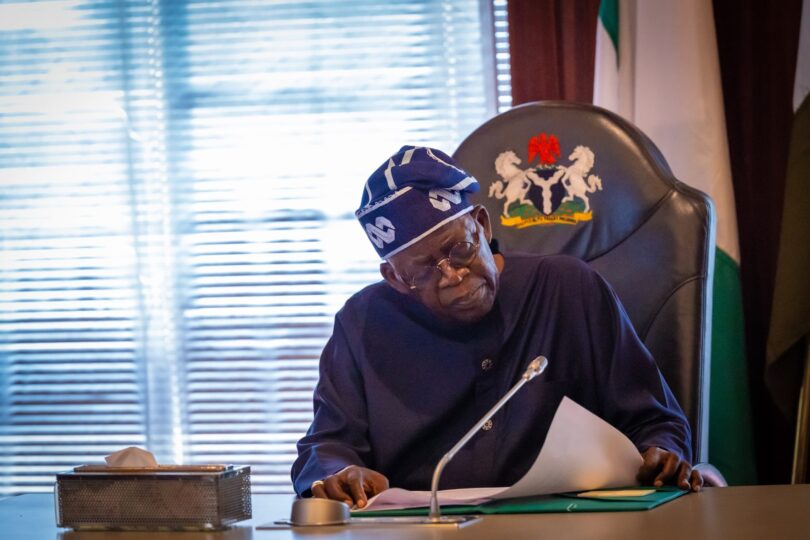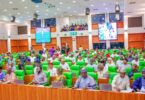State governments have raised concerns over the Federal Government’s use of foreign loans to fund grants and subsidies for private investors involved in rural electrification programs.
This is according to the Development of the National Integrated Electricity Policy & Strategic Implementation Plan: Policy Recommendations by State Governments to the Federal Ministry of Power document from the Nigeria Governors’ Forum, recently seen by TheWitness.
The state governments criticize the Rural Electrification Programs as a “Sovereign Debt Trap” for Nigeria.
The document noted that the Federal Government has borrowed at least $1.3 billion from the World Bank and African Development Bank (AfDB) since 2018.
Under the Nigeria Electrification Project (NEP), the Federal Government, through the Rural Electrification Agency (REA), secured financing of $350 million from the World Bank and $200 million from AfDB.
In December 2023, a further loan of $750 million was secured from the World Bank under the Distributed Access through Renewable Energy Scale-up (DARES) program.
It also noted that additional borrowings from the Central Bank of Nigeria (CBN) were used to finance renewable energy projects in healthcare centres during the COVID-19 pandemic.
The document read: “The loans from the World Bank & AfDB have been used to provide grants and subsidies to private sector developers to catalyse private sector investments in rural electrification projects. Under the NEP, the REA provided capital grants of US$600/per new connection to private sector mini-grid developers. The total PV capacity of renewable energy installed under the NEP is 16.3MW (REA website) with the bulk of supply to largely Tier 1 & 2 customers. Tier 1 refers to four hours of electricity with capacity to run a few light bulbs and charge a phone. Under the NEP, Nigeria has the highest deployment of pay-as-you-go (PAYGo) standalone solar home systems (SHS) in the world. These SHS systems are not manufactured in Nigeria and are imported.
“States are concerned about the increasing reliance on sovereign debt by the REA to finance rural electrification projects and the (un)sustainability of these foreign loans to Nigeria. As stated earlier, these sovereign loans are disbursed as grants or subsidies to private sector developers who fund mini-grids or deploy SHS in rural communities. To demonstrate the unsustainability of the debts, the total revenues over 20 years from the projects funded under the NEP cannot repay the interest component on the USD$350million loan provided by the World Bank. States also note with concern that even with the grants and subsidies to private developers, mini-grid tariffs and SHS pay-as-you-go tariffs are higher than Band A tariffs.”
State governments stated that they are troubled by the growing dependence on sovereign debt to finance rural electrification projects. The states recommend that the REA should reduce and eventually cease the use of foreign loans for grants and subsidies to private developers.
According to the document: “States recommend that the REA should scale down and eventually cease the use of foreign loans to provide grants and subsidies to private developers and investors. Rather, the REA, in collaboration with States should design and adopt a more holistic approach to provide sustainable public sector financing for rural electrification programs like the Kenyan and Indian Governments did.
“In general, the use of grants and subsidies funded from public resources to incentivize private investors to develop mini grids in rural communities and deploy SHS on a PAYGo basis should be discouraged by the Federal Government.
“Rather, the FG and States should collaborate to create the right legal, policy & regulatory framework and broad fiscal incentives that would support more private capital and also unlock long term local currency financing for project developers in rural electrification in a sustainable manner.”







